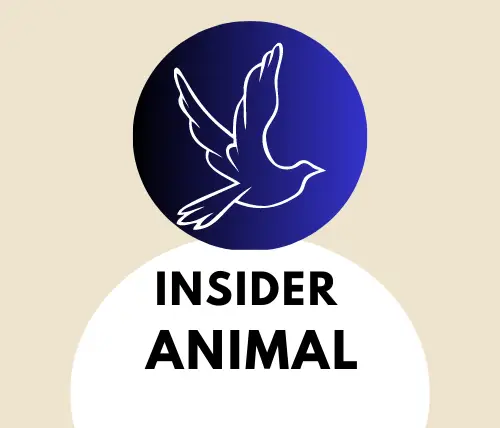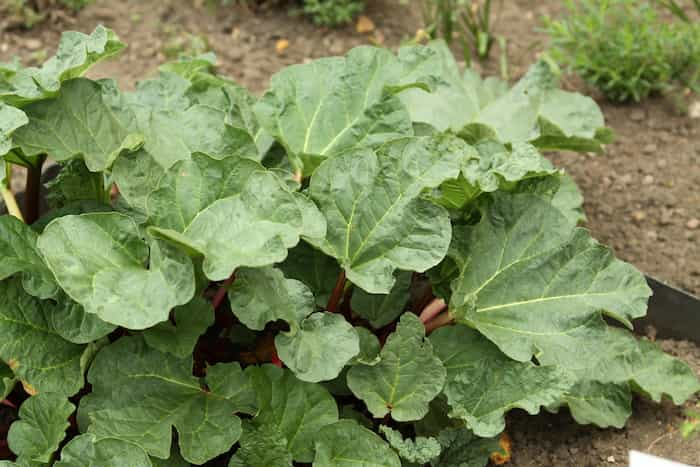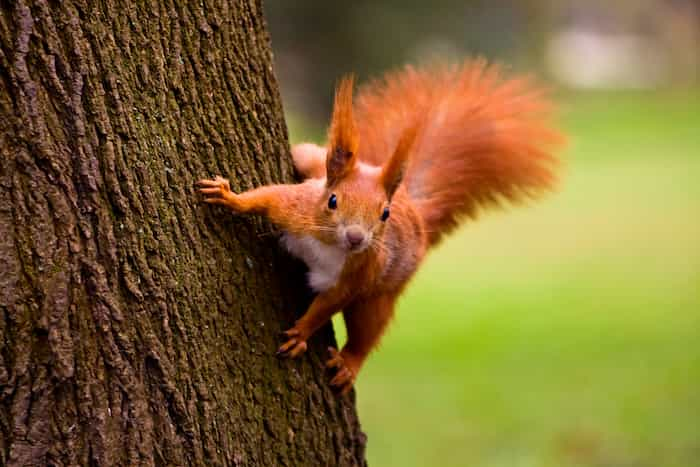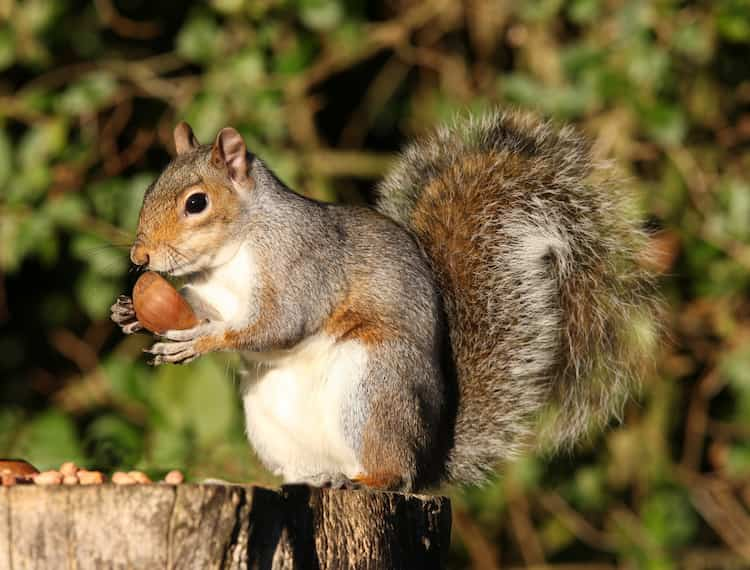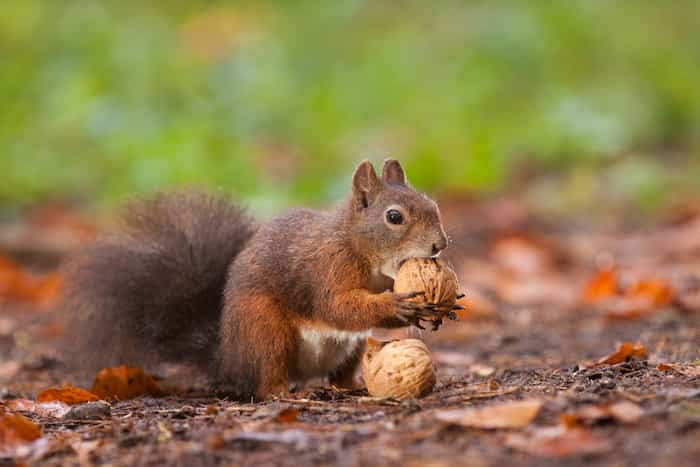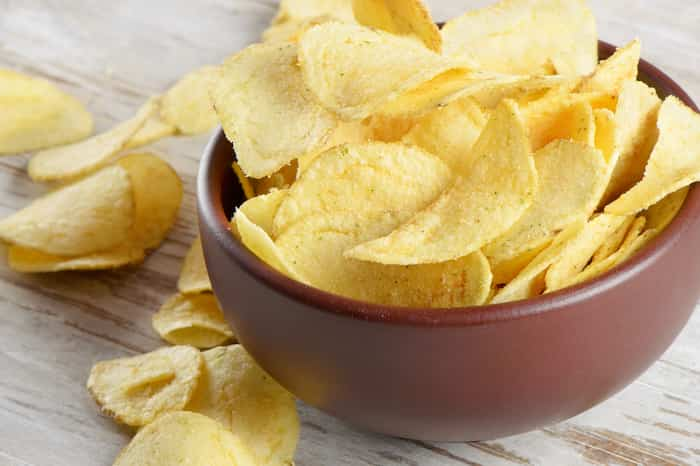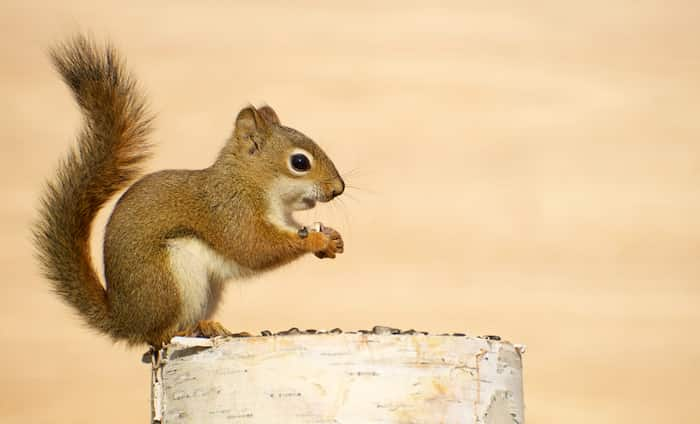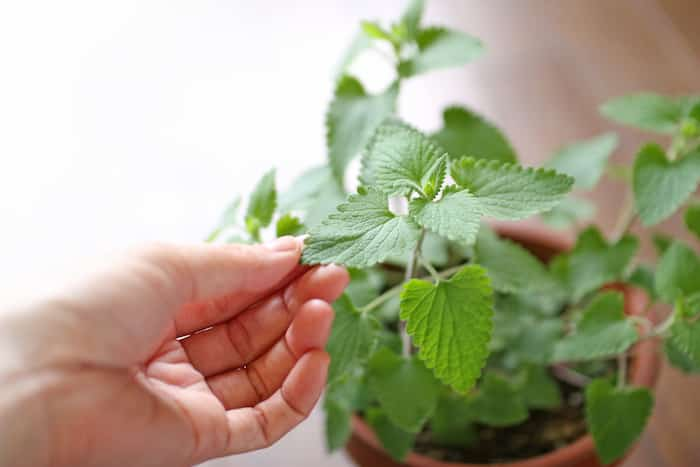Do Animals Eat Rhubarb?(Squirrel,Ant,Possum,Birds,Sheep,etc)
The majority of the animals do not eat rhubarb leaves owing to their high toxicity but some pests and animals are known to eat the leaves of rhubarb plants.
Let’s take a deeper look at this topic…
What animal eats rhubarb?
Most animals avoid eating Rhubarb leaves as it has high amounts of oxalic acids in them, which if ingested in higher amounts can lead to extreme health issues and can even lead to death.
- The smaller the size of an animal the more it is vulnerable to the toxic effects of the rhubarb leaves.
- So squirrels for example will get ill quicker with the consumption of the rhubarb leaves than a sheep would get.
Slugs, beetles, and snails are pretty common destroyers of rhubarb leaves. There are often many animals that can end up consuming these leaves without knowing that they are toxic to them. These include animals like sheep, possums, birds, etc.
Do possums eat rhubarb leaves?
Possums can eat rhubarb leaves from the garden as they are notorious for eating all kinds of plantations growing in the garden. At times they are known for even eating plants that can be toxic to them. The best way to know for sure whether a possum is eating your rhubarb leaves is by setting up possum traps.
You can easily buy a possum cage trap from your local pet store or online. Next set it up before nightfall in front of the rhubarb plants and place bait like fish or pet canned food items in a way so that the possum will step onto the trigger plate of the trap container.
If you catch one the next morning, cover the cage up to make the possum feel less anxious and contact the local wildlife department.
Do ants eat rhubarb leaves?
Ants are found to have a natural affiliation to rhubarb leaves and often are found to build nests near these plants. You can plant other vegetation like the Burdock plant, that attracts ants more, some distance away, and then they can leave your rhubarb plant and move over to those plants.
Burdock plants will not only keep off ants from your other plants but will also deter other pests as well. It will act as the center of attraction and the best thing about this plant is it can even survive under moderate colder conditions.
Some species of ants are known to directly start living around or at the base of your rhubarb plant. They are known to drill big holes around the plan and built tunnels that can go into the rhubarb plant stalk.
This oftentimes can happen if the soil in which you are growing the rhubarb plant is not drainage friendly and remains moist for a long time. Such wet conditions can create conditions suitable for not only ant infestations but for fungal and bacterial growth as well.
You can use a moisture meter to sort out this problem. Also, try using soil mixtures that don’t hold water for a long time and avoid watering the plant after the afternoon.
- Line the perimeter with diatomaceous death and cinnamon powder as those as known to strongly repel ants. However, remember such methods of keeping ants away are temporary and you may need to do this multiple times a week.
- Plant peppermint, pennyroyal, and other plants that have got a strong scent of their own. These plants are known to deter ants away, so you can try planting these plants nearby the rhubarb plant.
Can Squirrels eat Rhubarb leaves?
Squirrels must never eat rhubarb leaves as the leaves of this plant contain oxalic acid which is highly toxic for animals, especially for smaller-sized organisms like squirrels. It can lead to severe digestive complications along with kidney issues and if the squirrel consumed the leaves in large amounts it can lead to death.
The poisonous element is present all over the plant body but is particularly present in larger amounts in the green leaves. To prevent your little furry friend from going anywhere near the rhubarb plant.
Do earwigs eat rhubarb leaves?
Earwigs love munching on rhubarb leaves during the night time and they sure can be a real nuisance, especially in the rainy season when their population explodes.
The classic and most effective method of controlling earwigs infestation in your garden is by using an oil pit trap, where you set up a small container with a lid having a hole in it and fill up the container with vegetable oil(olive or whatever).
Add a bit of fish oil for the extra aroma to lure them in. Place it alongside the rhubarb plant right before nightfall. Some of the earwigs will get attracted by the smell and as they try to climb inside the container they will fall into the oil and drown.
Do birds eat rhubarb leaves?
The majority of the birds avoid eating rhubarb leaves as the leaves of this plant are rich in oxalic acid which can be detrimental for the birds. But there are some varieties of birds, including the Pukekos birds, which are known to munch on the rhubarb leaves from time to time.
Do Groundhogs Eat Rhubarb?
Groundhogs generally are known to not eat Rhubarb leaves. There have been instances where they have dug the garden and eaten all other plants but left the Rhubarb plant alone.
This is because of the presence of a high amount of oxalic acid in the Rhubarb plant leaves which keeps the groundhogs from eating the leaves. Animals can fall gravely ill if they end up consuming rhubarb leaves too much and it can even lead to death.
Also, it looks like groundhogs stay away from the plants of the onion family. Apart from rhubarb plants, they also stay away from asparagus plants.
Can guinea pigs eat rhubarb leaves?
Guinea pigs should never go anywhere near the rhubarb plant as the leaves of this plant can be extremely toxic to their health and they can get very sick just by nibbling on the rhubarb leaves even for a tiny bit.
They may end up eating rhubarb leaves as they love munching on leafy plants. But as their caregiver, it is your responsibility to not let such things happen. If they end up nibbling onto the leaves, immediately head towards the vet. The guinea pigs can start having extreme stomach distress which can even lead to death.
Are rhubarb leaves poisonous to sheep?
Rhubarb leaves are very poisonous to sheep and lambs. If they eat the leaves in larger amounts they can fall fatally ill and can even die.
Sheep have a tendency of consuming any kind of vegetation or plantation they have in front of them it is much more commonly applied in the case of lambs. Hence it can be problematic if they end up chewing on these leaves in larger amounts.
If you have any insights on this topic you wanna add, leave a comment below!
Cheers…
